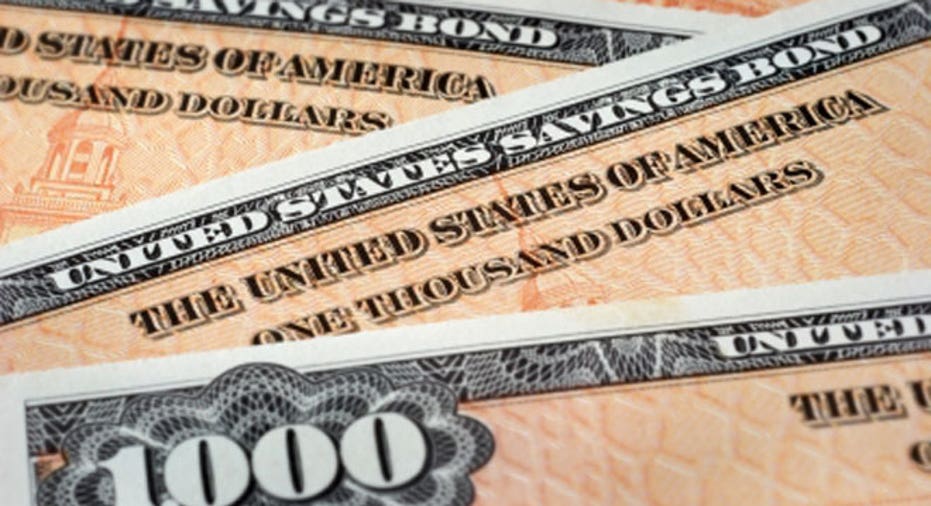Is it The Right Time for Investing in TIPS?

Looking for a safe hedge against inflation if grocery prices rise?
Then try Treasury Inflation-Protected Securities, or TIPS. They pay a fixed coupon interest rate, just like Treasury bonds, but they also have a nifty kicker that can increase your principal.
The value of TIPS is pegged to the U.S. consumer price index, or CPI, a key barometer of grocery and service price increases. They might be an attractive investing option for you.
Here's how TIPS work. Issued by the U.S. Treasury, TIPS have face values of $1,000 per security. Twice a year, the government resets the value of your TIPS along with changes to the CPI. So, a $1,000 TIPS pegged to a CPI of 3% would be worth $1,030, after adjusting for inflation.
The most significant advantage to investing in TIPS is that they're good inflation hedges, says Miriam Sjoblom, an associate director of fund analysis at Morningstar. As inflation heats up, the value of your TIPS rise, too. For example, TIPS posted returns of 12.2% versus 11.5% for Treasuries last year, according to Lark Research Inc. in Norwood, Mass., as the index rose to 3.2%.
In the past decade, TIPS have returned 111.3%, versus 73.4% for Treasuries.
This year, surging demand for TIPS is driving them into negative yield territory at auction. Even so, Sjoblom considers them worthy investments because your principal is still rising, despite a negative coupon yield, when the coupon rate minus the annual rate of inflation falls below zero.
The beauty of TIPS is that they protect purchasing power, says Mihir Worah, head of real return portfolio management at Newport Beach, Calif.-based PIMCO. "Commodities also do well during inflation, but they're very volatile -- up 29%, down 20%," he says.
That's why TIPS should be a core part of every investor's portfolio, Worah says. "They're the safest and least volatile inflation hedges," he says, especially since the Federal Reserve has announced another attempt to stimulate the economy with additional quantitative easing, or QE3. That stimulus could generate inflation in the future. He expects only modest TIPS returns this year, but stronger ones next year if inflation spikes.
Even so, buying and owning TIPS takes some thought. Here's what you need to know.
TIPS don't fare well during deflation. Falling consumer prices during recessions trigger deflation. So, when the CPI drops, your TIPS returns do, too. However, your principal can't sink below a floor of $1,000.
With deflation, Treasuries outperform TIPS, Worah says. "So, the best time to buy TIPS is before inflation heads up," he adds.
Liquidity can be a problem. Investors can buy Treasuries on the secondary market anytime they want, Worah says. But TIPS are less liquid. The reason is that there isn't a lot of turnover on the TIPS secondary market. "Most people buy and hold TIPS," he says. Still, they're more liquid than corporate bonds.
Sjoblom says the upshot is this: Selling your TIPS before it matures could mean a loss. Holding TIPS for a 10-year period usually translates into gains, and you won't have your principal eroded, she says.
You'll pay federal taxes on income. TIPS interest payments are made every six months, and the Internal Revenue Service counts them as taxable federal income, though total payouts aren't received until maturity. So, TIPS are best owned in individual retirement accounts or tax-advantaged accounts, says Rick Ashburn, chief investment officer at wealth management firm Creekside Partners in Lafayette, Calif. "You're paying a tax on the interest, years in advance," he adds.
Watch out for commissions and other fees. You can buy TIPS at the government site TreasuryDirect.gov without paying commissions, Ashburn says. If you buy from a broker, you'll pay a commission. A better option is buying low-fee TIPS exchange-traded funds linked to an index, Ashburn says. For example, the Schwab U.S. TIPS ETF expense ratio is 0.07%; the SPDR Barclays Capital TIPS ETF expense ratio, 0.18%.
"You're also getting diversification with ETFs," he says, since they spread risk among many securities.
Sjoblom advises investors to avoid buying short-term TIPS with five-year maturities. "You'll pay commissions every time you trade," she says.
Interest rate rises affect TIPS prices. Since TIPS are still bonds, they're impacted by rising interest rates. The result is your TIPS' value can fall when rates rise since they move in opposite directions.
"If real yields stay low and inflation rises, TIPS are pretty good investments," Sjoblom says.



















